First off, let me say that I can’t believe I even have to write this. I wanted to keep this piece more about facts and less about my personal opinion, but it’s impossible for me to do that. I need to get this shit out of my system. Because enough is enough.
On June 8th, celebrity chef, author, and food show host Anthony Bourdain hanged himself in his French hotel room. Although Bourdain had openly talked about his battles with addiction and depression, the world was shocked that he had taken his own life. The question on everyone’s minds: Why would he do this?
However, as the days went by and the press storm raged on, another question arose, this one not about why Bourdain committed suicide, but about how his girlfriend, actress Asia Argento, and a friend of the couple, actress Rose McGowan, came to be feminist heroes to so many American women.
How are these things connected, besides the fact that Argento was dating Bourdain when he died?
Hear me out, because what has unfolded in the wake of Bourdain’s death is a display of chronic, predatory narcissism from Argento and McGowan. These two women have used and abused the #MeToo movement—which they have been at the front lines of since the beginning—for their own personal gain. I know it’s uncouth for me to say that, but I’m saying it. I’m uncouth. Kick me off the planet, ladies.
I’m not arguing that Argento’s public indiscretions with French journalist Hugo Clément caused Bourdain’s death. (More on that later.) People cheat on one another. I’ve been there. Most of us have. Lust has a hard time steering your moral compass when you’re drunk on pheromones. It’s not the adulterous sex that eats you up inside, but the lie afterwards.
I, for one, have made a daily—okay, weekly, maybe monthly—commitment to owning my shit. That’s the only way I’ve been able to quiet the noise inside my head and find any kind of peace in my life. (That, along with therapy, exercise, 12-step meetings, antidepressants, and so on.) To me, it’s all about personal responsibility. Which is why I would never blame anyone for someone else’s decision to kill themselves.
That said, it’s ironic that since Bourdain’s suicide, we have witnessed a display of totally irreconcilable behavior from two women who are among the most prominent faces of a movement that centers around accountability.
Born in Rome, Asia Argento was raised in a family of famous Italian artists. Her father, Dario Argento, is a director and screenwriter best known for his innovative and influential horror movies. Her mother is the actress Daria Nicolodi, who starred in several of her husband’s films. Beyond this, Argento has a lineage of family members who were musicians and composers, including her maternal grandfather, Alfredo Casella.
On October 10th of last year, journalist Ronan Farrow published a bombshell New Yorker article in which 13 women made allegations against Hollywood kingpin Harvey Weinstein, sharing accounts not only of sexual misconduct and harassment, but also rape.
Credited with initiating the contemporary #MeToo movement, the article detailed what it called Argento’s “rape” experience with Weinstein, one very similar to Rose McGowan’s own experience with the producer. Wrote Farrow: “Asia Argento, an Italian film actress and director, said that she did not speak out until now—Weinstein, she told me, forcibly performed oral sex on her—because she feared that Weinstein would ‘crush’ her.” Argento went on to tell Farrow, “I know he has crushed a lot of people before. That’s why this story—in my case, it’s twenty years old, some of them are older—has never come out.”
And you know what? I wasn’t going to go there. But fuck it. I’m going there. I’m going there because someone needs to. American journalists today are scared. They are cowards. Their opinion pieces are timid when it comes to topics like this, while they share a much different view when texting in private. So here is the ugly fucking truth everyone, because you have all been spoon-fed a bunch of idealistic garbage over and over and over.
Argento and McGowan describe Weinstein giving them oral sex, and both say they faked an orgasm in hopes of getting the experience over with as fast as possible. Calling this “rape” is doing our society, including sexual-assault survivors, a disservice on so many levels. I was raped when I was 15 years old. I know a lot of women will accuse me of victim-blaming, but at some point, we have to remove the impenetrable shield that one receives when she is considered a victim.
Argento went on to have a consensual relationship with Weinstein for several years. The New Yorker article is what thrust the Italian actress into America’s cultural conversation. Before this, the American media knew little about her.
Make no mistake, Weinstein is a monster. He is a total predator, and I consider the women who spoke out against him to be very brave. But what Argento and McGowan are doing is not brave. In fact, it’s disingenuous. Rape and sexual transactions are worlds apart, and they need to stay worlds apart.
Argento was not blackmailed. She was not threatened. She had a sexual relationship with Weinstein which resulted in a transactional, consensual union, because—let’s be honest—that’s how Hollywood works. Fast-forward a few years and Argento saw a bigger opportunity: She could brand herself as a survivor.
Anthony Bourdain met Argento on the set of his wildly popular CNN show Parts Unknown when he was filming in Rome. Argento, a single mother of two and Italian celebrity, ended up a guest on the show. In February 2017, not long after they met on camera, the New York Post confirmed the two had started dating. One quick scroll through the couple’s individual social media accounts reveals that Bourdain was completely smitten with Argento, posting photos of her on the regular with heartwarming comments.
Bourdain was openly supportive of Argento’s involvement in the #MeToo movement as she rose to be one of its most prominent and vocal crusaders. Bourdain never held back when standing up for her or any part of the #MeToo movement, even defending McGowan and her feminist activism. The #MeToo movement had accrued a strong new male ally in Bourdain.
Bourdain had built his brand around captivating storytelling and a “no fucks given” attitude. He was honest about his shortcomings—struggles with drugs and alcohol and depression—while also detailing the craziness of the culinary world. My sister Sarah put me on to him after she read his memoir Kitchen Confidential. I stole her book when she was done, and I was hooked. We both were. How could you not be? Tall, successful, smart as fuck, bad boy, deep with a dark streak. The country swooned for Anthony Bourdain. He became our very own American ambassador. He made us proud, representing our nation while he traveled the world filming his series.
Bourdain gushed publicly over Argento, and when it came to her career, he was her biggest supporter. This is what you do when you love someone and believe in them. He wanted her to succeed because he adored her. His influence led to her new role as a judge on the Italian version of X-Factor, and he hired her to direct an episode of Parts Unknown when the series filmed in Hong Kong. The segment aired on June 3rd. In the closing scene, Bourdain stated what many of his fans had already figured out when it came to his feelings for Argento: “To fall in love with Asia is one thing. To fall in love in Asia is another. Both have happened to me.”
But in the days leading up to his suicide, things between the couple seemed to get rocky.
On June 5th, three days before Bourdain’s suicide, paparazzi photos of Argento and the young French reporter Clément, 28, were published in the Italian gossip magazine Chi. The photos showed the two holding hands, kissing, hugging, and dancing in a bar in Rome.
Argento fought to have the photographs pulled. Bourdain was mysteriously no longer following his girlfriend on Instagram. Argento then posted an Instagram story of herself in a Sid Vicious shirt that said Fuck Everyone, and captioned the image: “You know who you are.” Three hours later he killed himself. And she deleted the image off of her Instagram story.
Hours after it was confirmed that Bourdain had died, Argento quickly posted a statement regarding her boyfriend’s death on Instagram. We’ve all seen the message. It floated through the American media for weeks. Argento inserted herself into the coverage surrounding Bourdain’s suicide, and received an outpouring of sympathy, while Bourdain’s wife of ten years, Ottavia (the couple separated in 2016), remained silent and removed from the circus.
Why was Argento—who had only been dating Bourdain for a year and a half—speaking out on his behalf, instead of the woman he was legally married to at the time of his death, the mother of his 11-year-old daughter? Why has the American media been tiptoeing around the scandalous, romantic photos of Argento and Clément?
As numerous eloquent tributes to Bourdain were published, Argento decided she was too grief-stricken to continue speaking publicly and handed the torch to Rose McGowan. The former Charmed star penned a letter to the public on behalf of Argento, which McGowan’s publicist, Nathaniel Baruch at Brigade Marketing, promptly emailed to Rolling Stone.
McGowan’s letter opens by saying Argento is now a victim not only of rape but of suicide.
“Sitting across from me,” she writes, “is the remarkable human and brave survivor, Asia Argento, who has been through more than most could stand, and yet stand she does. She stood up to her monster rapist and now she has to stand up to yet another monster, suicide. The suicide of her beloved lover and ally, Anthony Bourdain. I write these truths because I have been asked to.”
McGowan then discusses Bourdain and Argento’s alleged “open relationship” in an obvious attempt to justify the photos with Clément. It’s too bad Bourdain isn’t here to confirm her statement that he and Argento were “free birds” who “loved without borders.”
McGowan reminds the reader to “NOT do the sexist thing and burn a woman on the pyre of misplaced blame,” and then says that Bourdain allegedly reached out to a doctor for help with his depression but did not take his advice. (How the fuck she knows that information and why she chose to disclose it remains a big fat question mark.)
McGowan also states that both Argento and Bourdain suffered from depression, but “she did the work to get help, so she could stay alive and live another day for her and her children,” while Bourdain’s depression usurped him. “His decision, not hers,” McGowan writes. “His depression won.”
What is brave about manipulating a narrative surrounding a man’s death? What is courageous about having McGowan speak on Argento’s behalf, while Ottavia Bourdain has to tell her 11-year-old daughter that her father is never coming home? I can’t even find a word to describe what that is. It is stomach-turning. To hide behind the story of being a rape survivor and to shelter one’s self with the #MeToo movement is disgusting.
As the mother of an 11-year-old girl, I’ve tried to imagine being in Ottavia’s shoes. I imagine having to tell my daughter how her father died. Then I imagine that the most grief that Ottavia is feeling is not that Bourdain is dead and gone, but that she can’t fix it. She can’t take that pain away from her child. Thinking about it makes me feel so sad. Yet, Ottavia remains stoically silent. She has to protect her family. It blows my mind that McGowan and Argento never thought about Bourdain’s daughter before kick-starting their media circus with that open letter.
Why is the American media protecting Argento and McGowan’s victim narrative? Why are they feeding it like the ugly, insatiable beast that it is? Have we forgotten that the #MeToo movement was started in 2006 by 44-year-old Tarana Burke to inspire healing for sexual assault survivors in her black community in the Bronx? I interviewed Burke on my podcast, Improper Etiquette, and her selfless story is so far removed from the celebrities like Argento and McGowan who have co-opted it. That said, would #MeToo have the power it does now without Hollywood’s endorsement? Probably not. But that’s a matter separate from the behavior of Argento and McGowan in the aftermath of Bourdain’s passing.
Although Argento claimed she was so distraught that she required McGowan to be her voice, she has been very active on her social media, filling her Instagram feed with stories and posts. In one of them, she posed wearing a Suicidal Tendencies parody shirt while touting the hashtag #stayingalive.
In mid-June, a mysterious Instagram account called @justicefortony emerged, then shut down some days later (there were people on social media pushing for the account to be stopped.) However, when it was initially live, the first post was a black box with the following cryptic comment:
“Not surprised she blocked me. Having the truth out there was becoming too uncomfortable. She was a monster to him. She took an already very damaged and very sensitive man and destroyed him. His friends and coworkers tried their best to make him see what was going on, but he would just push everyone away. No one could say anything negative about Asia or Tony would try to remove them from his life.”
The post went on to describe how Bourdain had one of his longtime crew members fired at Argento’s request, and how much Bourdain had changed after dating the actress.
“In the end those pictures were too much,” wrote the creator of @justicefortony, referring to the paparazzi photos of Argento and Clément. “He must have finally realized what she was doing and his world came crashing down.”
So what led to Bourdain’s death? Do we just say it was depression? I think suicide is a lot more complicated than that. It goes against everything our brain and body tell us to do. Most of us wake up every morning and try our best to stay alive. Basically, we do shit to avoid dying. But perhaps a person can hit their pain threshold, and everyone’s is different.
Men don’t deal with humiliation the same way women do. Men sometimes murder their lovers over humiliation. They also kill themselves over feeling humiliated. That doesn’t mean that we women should be held responsible for men’s behavior. Fuck no. But we should recognize how powerful we can be. We can choose to use our power any way we want. Maybe we should acknowledge that power, so we can proceed accordingly?
In the comment section of @justicefortony, its creator went on to detail the fighting that took place between Bourdain and Argento before his death.
“They started fighting on Tuesday,” the person wrote. “Tony had to leave the set multiple times to talk to her on the phone. Things escalated on Wednesday when by all accounts she told him she no longer wanted to be with him. Everyone was keeping an eye on him all day and night because he was incredibly distraught.”
@justicefortony went on to state that this was not the first time the couple had broken up, and that by Thursday, Bourdain seemed to be better and “kind of wanted everyone to back off.”
Days later, @justicefortony continued, “Knowing this, her posts about Tony being her love and her rock were particularly distasteful. If she just disappeared and stopped harassing everyone, if she didn’t have Rose write that awful letter, if she didn’t try to gain from his death, I wouldn’t be here writing this.”
I would be skeptical of this random, anonymous reveal if it weren’t for the fact that Ottavia Bourdain was following @justicefortony.
On May 20th at the Cannes Film Festival, Argento gave a speech about her 1997 alleged rape by Weinstein. (From the audience, Clément filmed her address and posted it on his Twitter.) The Washington Post and other media outlets hailed the moment as “powerful.”
I wouldn’t call it powerful. Argento was onstage to present the award for Best Actress and used that spotlight to talk about herself and further her #MeToo agenda. Then she had the audacity to throw shade at Ava Duvernay for not giving her enough support as they shared the podium during her impromptu speech. Argento later tweeted to Mia Farrow that no one came up to her and acknowledged her speech except for Spike Lee. Did she give this speech with the expectation of praise, or to advocate for a movement she claims to deeply care about?
Earlier this year, McGowan published a memoir called Brave. It details her fight against the evil showbiz industry. Ironically, she then came out with an E! network reality show, Citizen Rose, to promote her book tour. So much for dismantling the evils of Hollywood.
When I first saw McGowan in the 1995 movie Doom Generation, I thought she was iconic. I was obsessed with that movie and her entire look. She had so many great moments during her career that I supported, including her barely-there chain dress on MTV’s red carpet in the late nineties. And she had my support when she came out against Weinstein, but in hindsight, I question her claims and motives. I question if she understands how irresponsible it was to call her #RoseArmy to action when Weinstein released an email from her former manager that challenged her rape claims. (Her former manager, Jill Messick, committed suicide after the harassment from #RoseArmy.) So yeah, I question McGowan’s movement. And it’s my right to be able to do that.
Last month, McGowan hired accused child killer Casey Anthony’s lawyer, Jose Baez, to represent her in court as she is facing up to ten years for cocaine possession. She claims that Weinstein planted the drugs in her wallet in an effort to delegitimize her.
Two women who dreamt of being famous movie stars have now selfishly and irresponsibly used the #MeToo movement to suck whatever amount of attention and fame they can from it. They have used this movement to help only themselves.
I don’t think either of these women has a grasp of or are capable of understanding Tarana Burke’s movement. And as much as I hate the term “white feminism” (that’s the white feminist in me feeling defensive), these women are the epitome of what that is.
You can’t hide shitty, awful behavior behind the excuse of misogyny. Not everything has to do with gender discrimination and the patriarchy, and to pretend that it does is a disservice to the feminist movement. I am all about fighting toxic masculinity, but to demand that all women must agree and support one another because we are the same gender is ridiculous and illogical. (Toxic femininity exists. We can’t continue to deny that.) Maybe McGowan and Argento are just two really damaged human beings? I don’t know. What I do know is that you cannot heal unless you own up to your shit and get real honest with yourself about who you are. These two women seem to be completely incapable of being honest with themselves.
In this new climate of public reckoning, #MeToo, and the Trump regime, we are all walking on eggshells, terrified to criticize anyone at the risk of being branded a sexist, a racist, or a homophobe. The kind of outrage that disagreement causes in 2018 makes it nearly impossible to seek truth through an exchange of ideas. I am saddened that this discourages people from speaking up. But I refuse to live in fear. I refuse to live my life worrying about who I will offend by speaking my mind. And I encourage you to do the same.






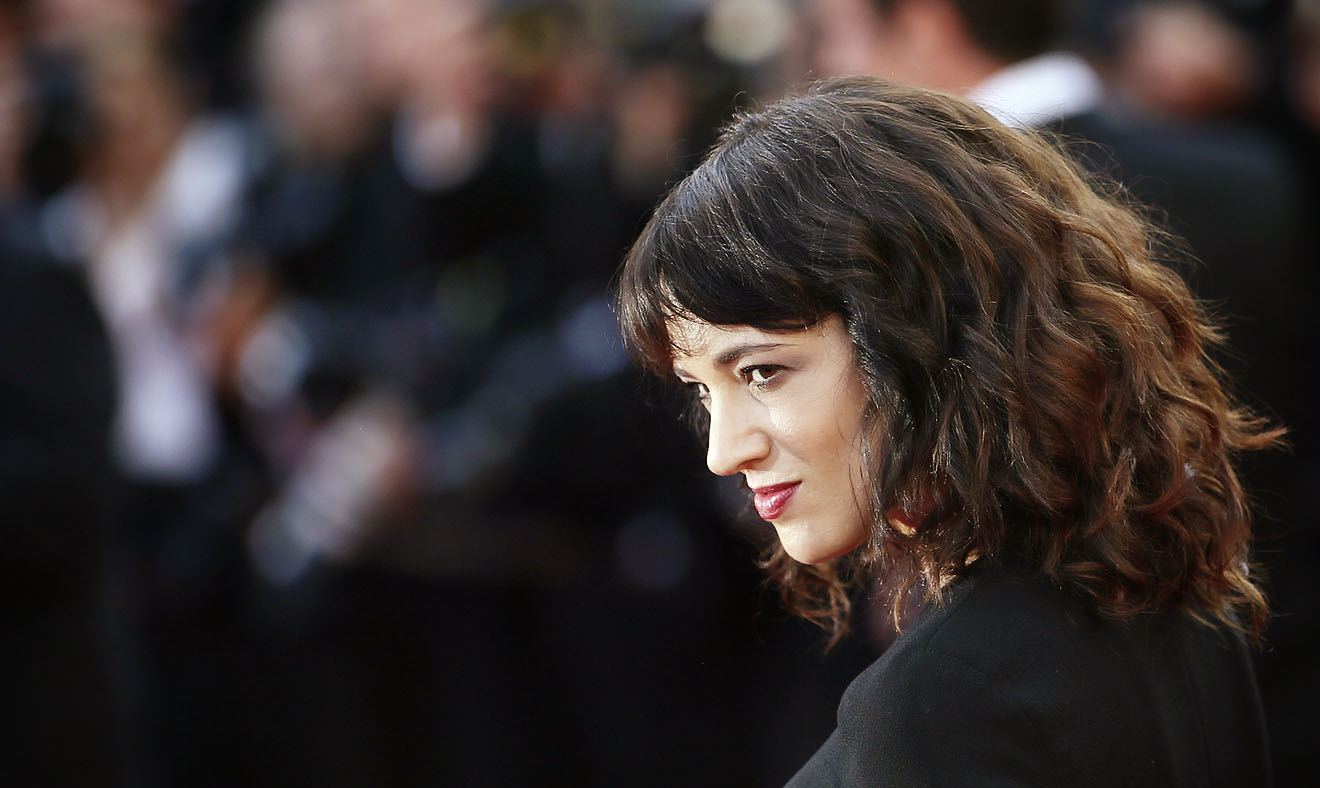
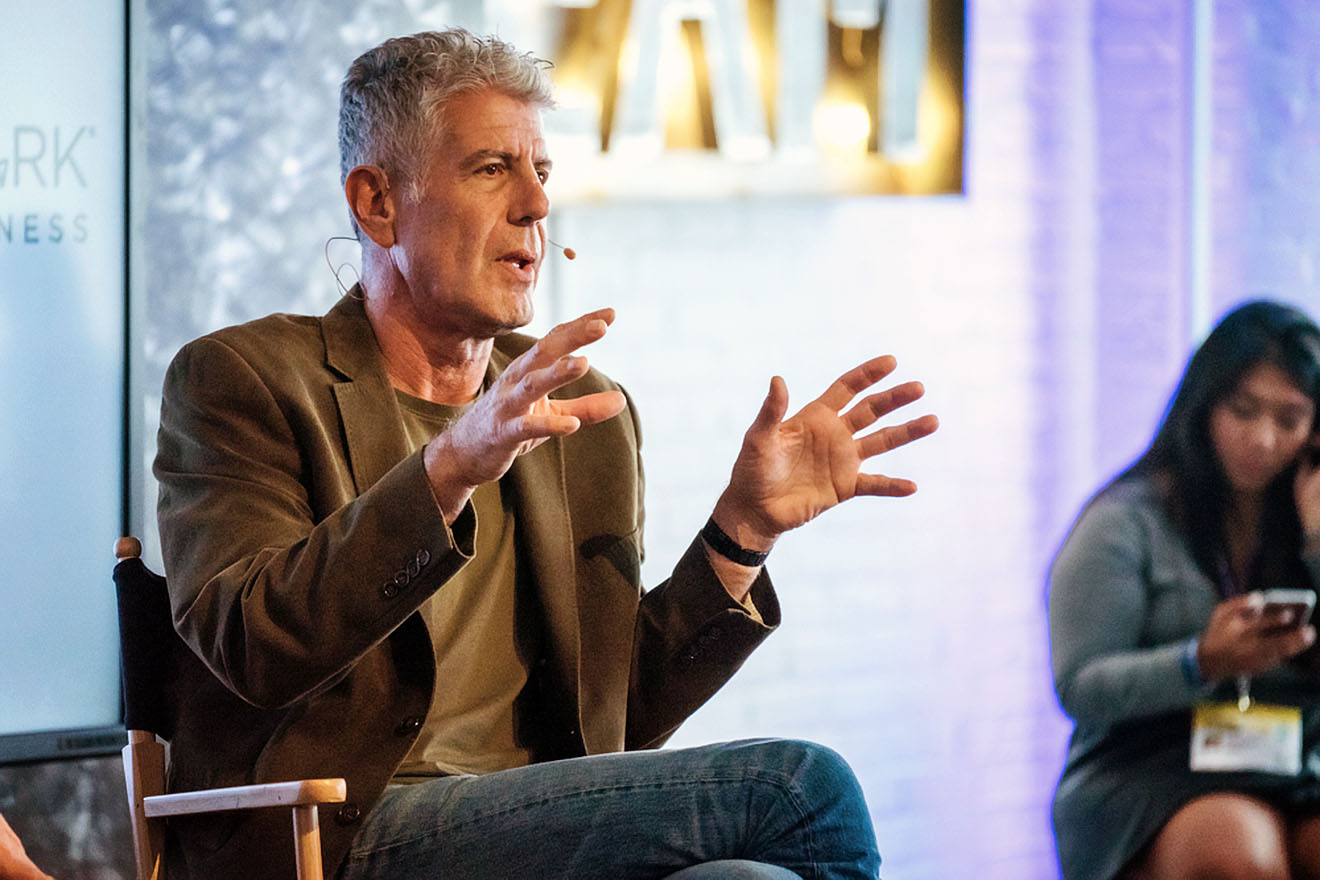
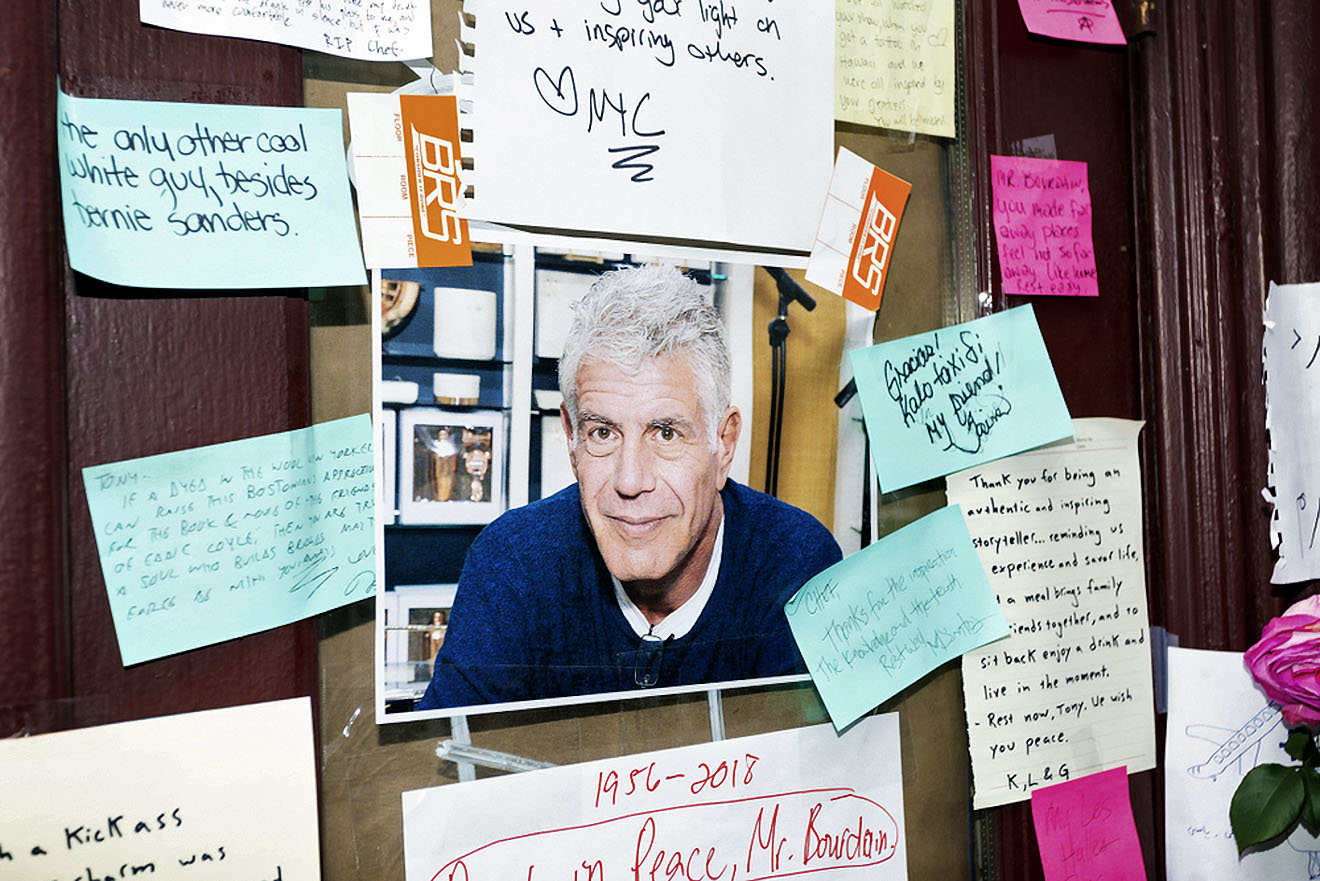
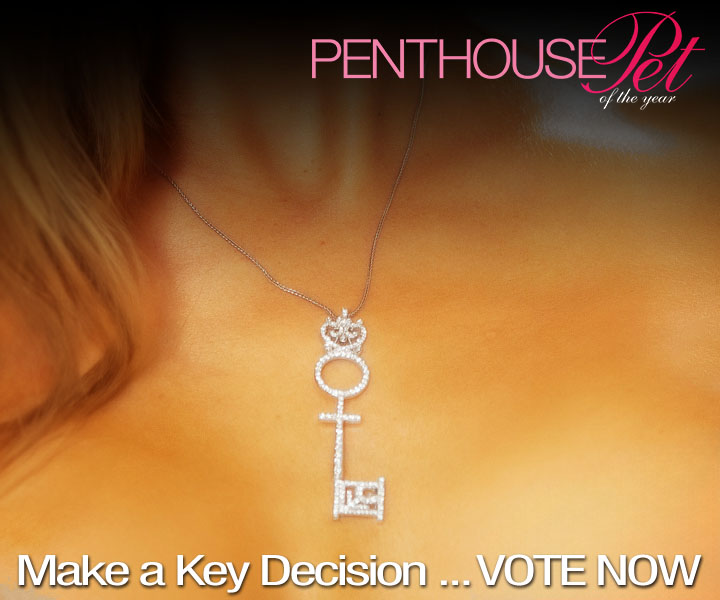
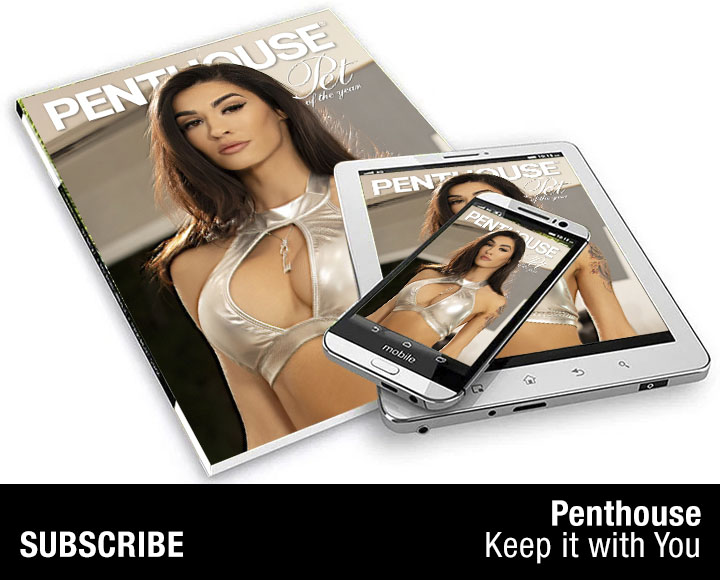


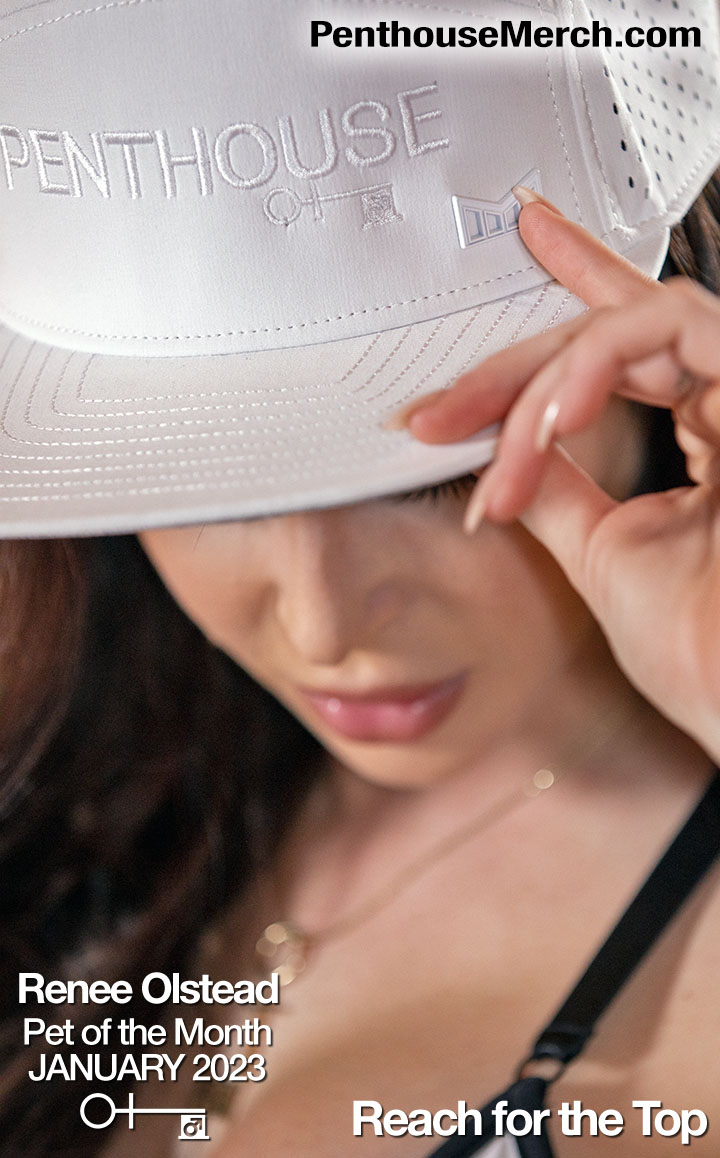
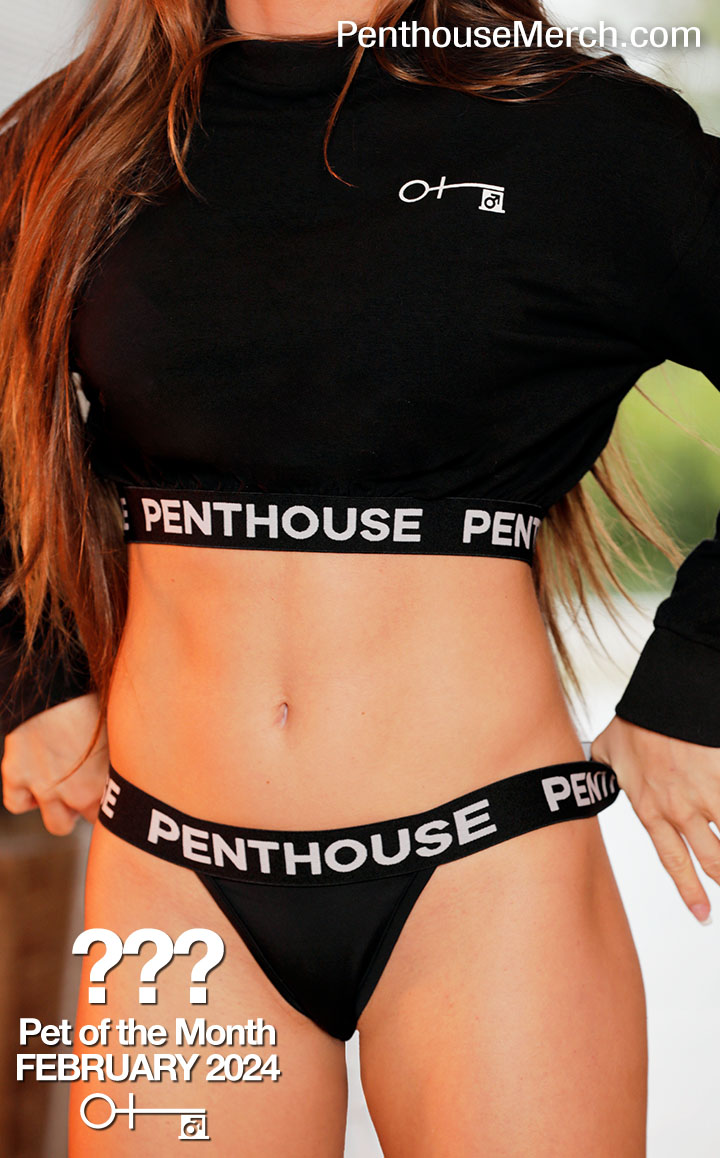


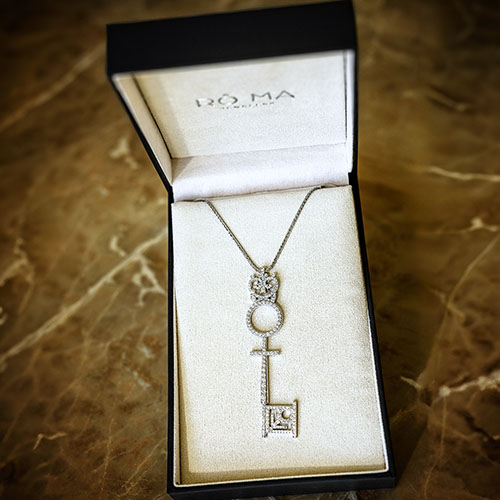
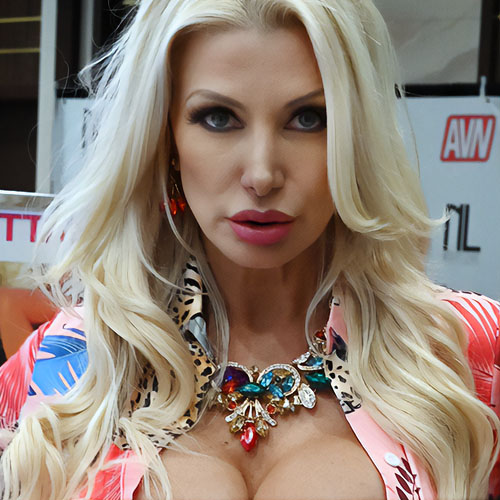
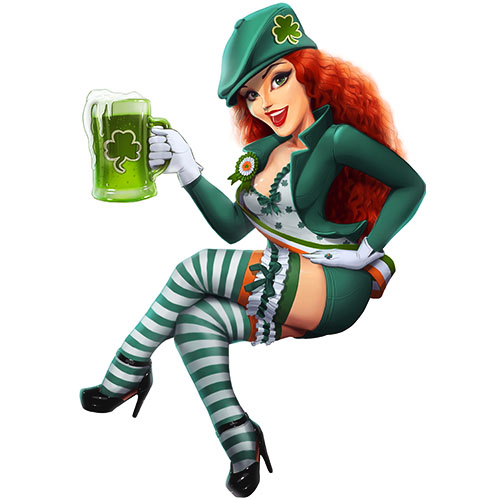

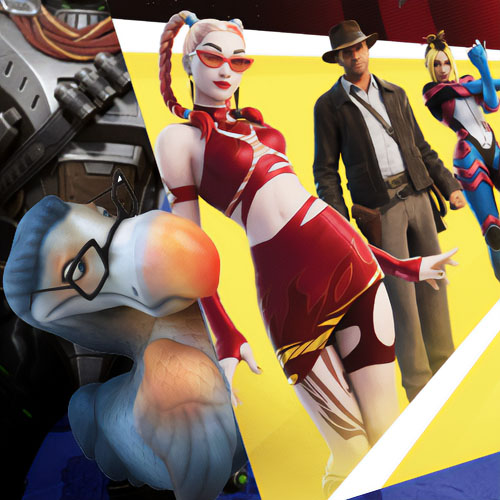




Hi, Thank you for talking about this. Narcisists are everywhere, they are not only men (male chauvinists). I watched an interview with her in the Italian tv, hoping to know what really happened to him. But I wasn’t satisfied, I didn’t get any true information and the interview had a lot of beautiful pictures of her, and basically promotion. I had mixed feelings. I didn’t know about the pictures with the young journalist until I read your article. That explains everything, he was in love and if his entourage did not know any other woman in that time… they were not in an open relationship, otherwise he couldn’t/ wouldn’t have complained about it and he wouldn’t have had a crush so big with an open relationship. He was in love, he said it to the cameras.